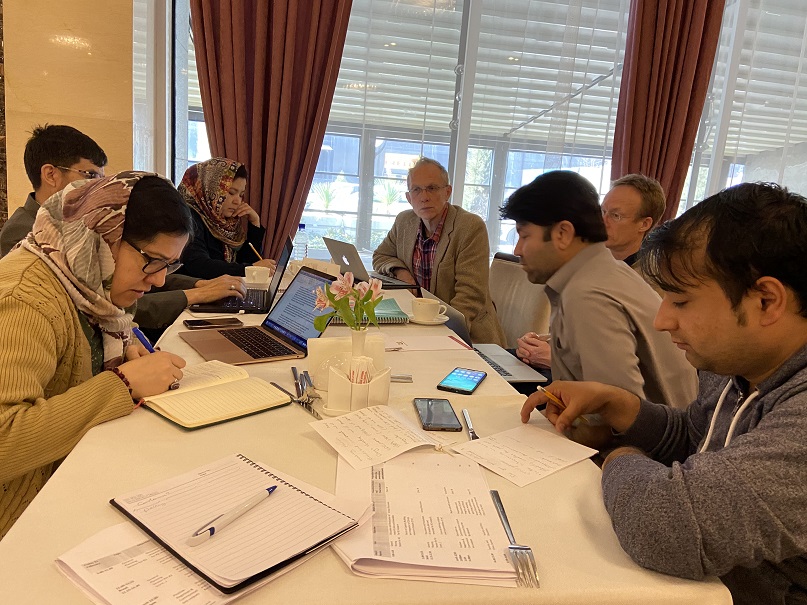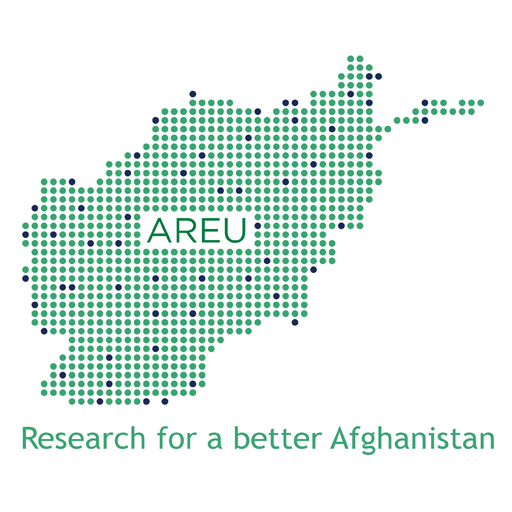
19 Feb Workshop on narcotics in Tashkent, Uzbekistan, for the project of Drugs & (dis)order
The School of Oriental and African Studies (SOAS), the Afghanistan Research and Evaluation Unit (AREU)  and the Organisation for Sustainable Development and Research (OSDR) organised a three-day workshop in Tashkent, Uzbekistan, in February 2020 to discuss the Afghanistan agenda of their Drug & (dis)order project, funded by the Global Challenges Research Fund (GCRF).
and the Organisation for Sustainable Development and Research (OSDR) organised a three-day workshop in Tashkent, Uzbekistan, in February 2020 to discuss the Afghanistan agenda of their Drug & (dis)order project, funded by the Global Challenges Research Fund (GCRF).
14 people from the stakeholder organisations including six people from the AREU attended the workshop. The objective of this workshop was to:
- Develop an overall idea for the teams to be in picture of the coming rounds of this project;
- Share information and analysis regarding the current political economy and conflict situation in the three borderland field sites;
- Review the security in Afghanistan; and
- Develop a strategy for the next rounds of the research in all three provinces (Badakhshan, Nangarhar, Nimroz) of Afghanistan
This three-day workshop aimed to discuss the role of each stakeholder in different stages of the project.
 On the first day of the workshop, 19 February, Professor Jonathan Goodhand introduced the programme, its aims and objectives. Comparative research strands were also discussed. AREU researcher Mujib Ahmad Azizi presented research findings of one of the provinces in which the team worked, and then further discussed the GCRF future planning for the second phase of the project which will focus on the organizational and policy ethnography. On 20 February, an AREU researcher introduced two development programmes, three institutions, and two policies on counternarcotics that AREU’s research team had identified as potential alternative livelihood programmes, policies and institutions to be discussed and selected for potential GCRF ethnographic case study in three research sites (Badakhshan, Nangarhar, Nimroz).
On the first day of the workshop, 19 February, Professor Jonathan Goodhand introduced the programme, its aims and objectives. Comparative research strands were also discussed. AREU researcher Mujib Ahmad Azizi presented research findings of one of the provinces in which the team worked, and then further discussed the GCRF future planning for the second phase of the project which will focus on the organizational and policy ethnography. On 20 February, an AREU researcher introduced two development programmes, three institutions, and two policies on counternarcotics that AREU’s research team had identified as potential alternative livelihood programmes, policies and institutions to be discussed and selected for potential GCRF ethnographic case study in three research sites (Badakhshan, Nangarhar, Nimroz).
On 21 February, AREU researcher Gulsom Mirzada presented the very initial findings of the database for two of the provinces in which she worked. She discussed all aspects of this project and stated the existing correlation between poppy cultivation and development aid projects in the provinces.

